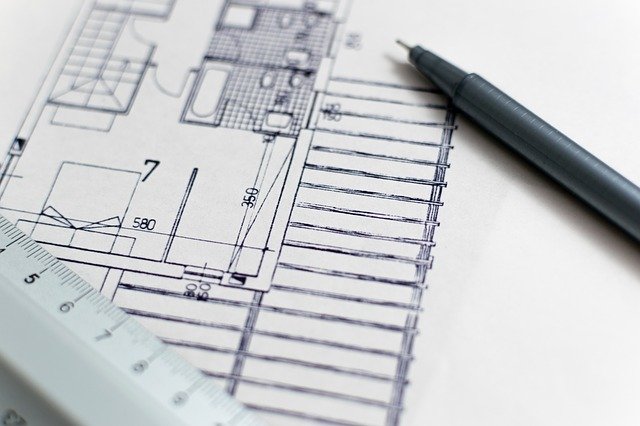

Updated on November 3, 2022
A building permit is the official written authorization from the relevant City authority that a construction project may begin. For example, the City of Los Angeles requires a permit for any private property construction and/or alteration and in many cases even for repair work.
The size and complexity of the proposed work dictates how much information a given City will require before a requested permit will be issued. Small, straightforward projects typically require very little details while large, complex projects require fully developed plans to be reviewed and ultimately approved by the relevant authority.
Similarly, the cost for a permit is tied to the overall size of the project as it is based upon a small percentage of the total cost of the project. While some homeowners and/or contractors feel “pulling a permit” causes unnecessary delays to their project as well as increased costs, it is in their best interest to do so.
For instance, obtaining a building permit allows the City to confirm the proposed work to be performed is in conformance with all applicable building codes and standards. As part of that process, City inspectors will periodically visit the project site to ensure that the work is in fact being performed correctly.
For obvious reasons it is much better to discover and correct any construction related errors while work is ongoing rather than after it has been completed and/or covered up.
Additionally, should a homeowner desire to sell his or her home in the future, making sure all work was performed pursuant to a permit ensures the homeowner can maximize the value of their home. Conversely, if it is disclosed to potential buyers that there exists unpermitted work on the property that typically causes the potential buyers to provide significantly lower purchase offers. This is due to the fact that City officials can and often do require the purchaser to bring the un-permitted work commissioned by the previous homeowner “up to code”.
When the prior homeowner does not disclose that there was unpermitted work performed on the property and the new homeowner later discovers it such a scenario often results in expensive litigation that requires the previous homeowner to reimburse the new homeowner for all costs and fees associated with correcting the unpermitted work.
The relatively small amount saved on permit fees is typically eclipsed by the liability imposed on the prior homeowner for not having the work performed the right way the first time around.
For any construction related matter, please contact Schorr Law today to schedule a consultation with one of our real estate attorneys. You can call us, send us an email, or send a message to us through our contact form!